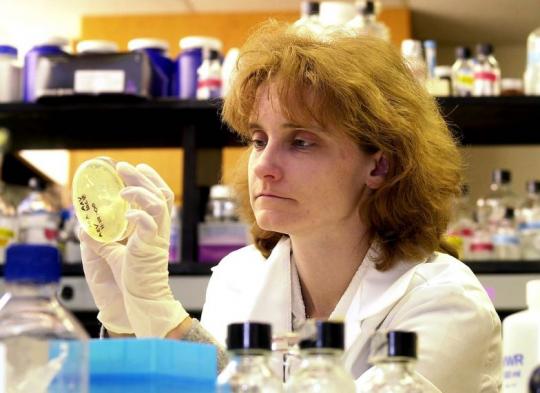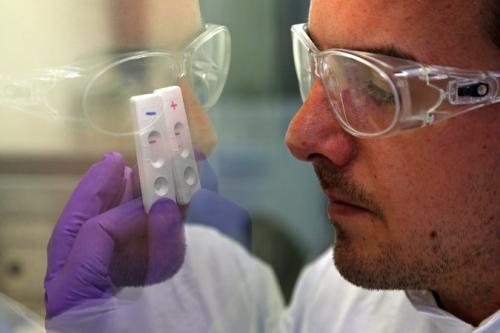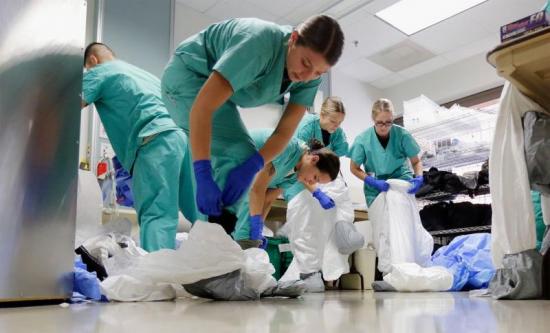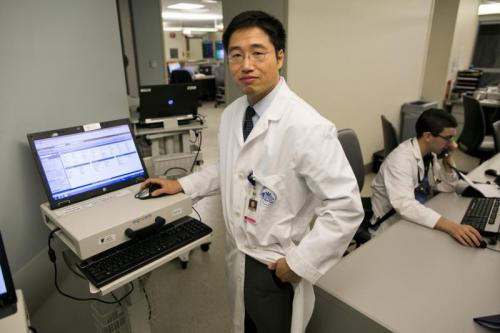By Todd Ackerman Nov. 5, 2014
... researchers at the University of Texas-Austin have developed a nasal spray vaccine that has protected monkeys against the deadly Ebola virus even a year after immunization.
The vaccine, a genetically engineered cold virus containing a tiny portion of Ebola DNA, saved 100 percent of monkeys who got a single spray through the nose in a new UT study. Injecting the vaccine only saved the lives of about 50 percent.
Maria Croyle, a professor of pharmaceutics and the study's principal investigator, said an inhaled Ebola vaccine is more attractive because it would be cheaper and safer than needle-delivered vaccines.
"The main advantage is the long-lasting protection after a single inhaled dose," Maria Croyle, a professor of pharmaceutics and the study's principal investigator, said in a statement. "This is important since the longevity of other vaccines for Ebola (hasn't been) fully evaluated....








Recent Comments